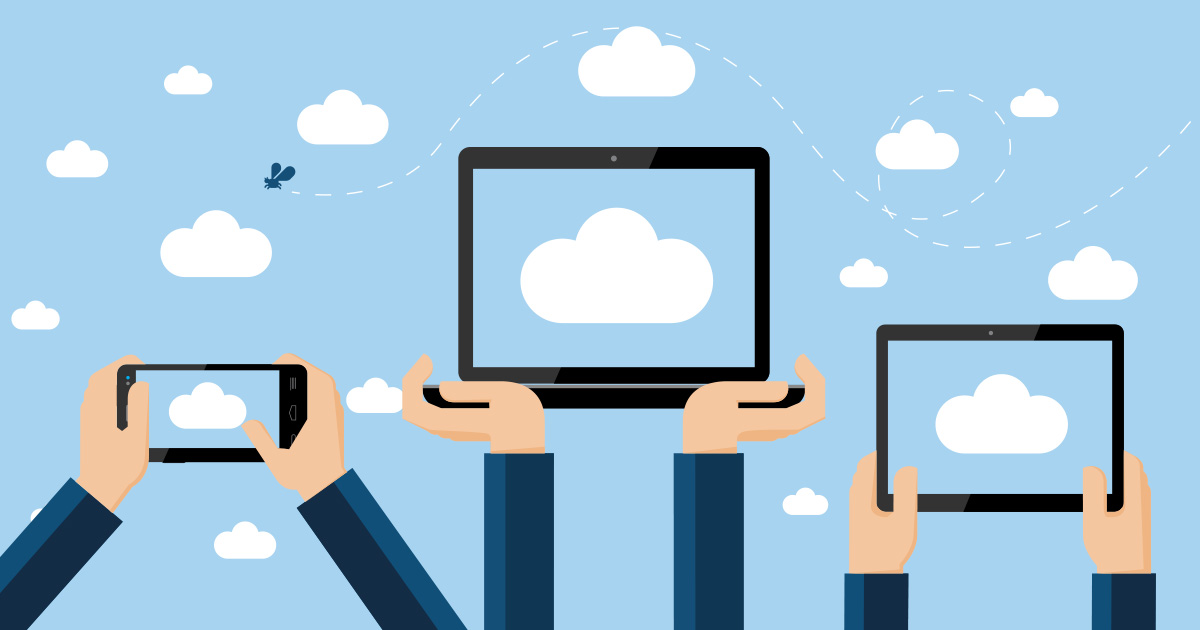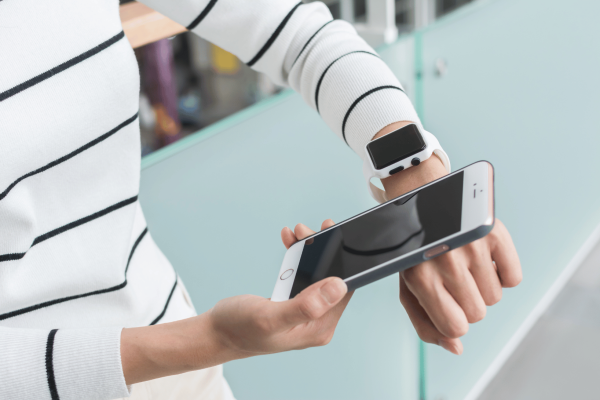The past few years have shown a surge in popularity for bring your own device (BYOD) studies in the clinical research industry. This method of data collection allows patients to submit data using their own smartphone or tablet. Traditionally, this has been done on paper case report forms (CRFs) or on a mobile device provisioned by the study sponsor. BYOD makes remote clinical trials a reality. Plus, enabling people to partake in trials using a device they already have with them daily lessens the burden as a patient.
Today, patients are more empowered than ever and want greater control over their health data. As mobile usage and powerful applications continue to gain momentum worldwide, it’s not a matter of if BYOD becomes pervasive in clinical trials, but when it does. So, what is standing in the way of the BYOD approach becoming a customary way for patients to complete forms and surveys? Below, we’ve identified four misconceptions about BYOD and then broken down the ways in which they are false.
Misconception #1: BYOD technology is too expensive
Like much else in the healthcare industry, software applications tend to carry significant costs that put technology out of reach for many. This includes electronic patient reported outcome (ePRO) and electronic clinical outcome assessment (eCOA) solutions that are needed to make BYOD possible.
Research teams with a strict budget may not have the ability to build a mobile app from the ground up (such as utilizing the ResearchKit framework). Existing apps may also be out of the question at six-figure subscription prices. Provisioning a device for each study participant can quickly increase costs, too. But cost-effective ePRO/eCOA solutions are on the market today.
TrialKit is available for iOS and Android devices at an affordable monthly subscription for study sponsors. The app is available at no cost on the App Store and Google Play for patients. TrialKit provides quick, easy access to eCRFs for study participants on their devices they’re already using on a daily basis. A fully featured electronic data capture (EDC) system, it also lets research professionals design and test CRFs directly on their phone or tablet.
Misconception #2: Data will not be securely stored
Data security is one of the most significant concerns surrounding patient data. It’s easy to assume that sensitive health information from PRO is safest when it’s stored at a research site – whether on paper CRFs or provisioned devices. However, data is more secure when submitted from a patient’s own device. A personal device is less likely to leave the user’s side, unlike a secondary device or a stack of paper surveys that may become an afterthought.
Today, there are more modern methods of secure access to sensitive data. TrialKit mobile, for example, is equipped with biometric technologies for user authentication. This means Apple users with compatible generation devices may sign in to the app via facial recognition or fingerprint recognition. The likelihood of someone being able to access any given user’s iPhone via Face ID is 1 in 1,000,000, and the probability of Touch ID is 1 in 50,000.
Misconception #3: Data will not be valid for FDA submission
Apprehension also exists in terms of the validity of data that’s gathered on mobile devices. The inability to submit device-generated data for FDA approval has been a strike against BYOD for some time. While this is an understandable fear to have for your trial, it is indeed a myth.
The Food and Drug Administration (FDA) has gone through efforts to make patient reported outcomes and clinical outcome assessments valid methods of data collection in clinical research. Passed in 2016, the 21st Century Cures Act endorses patient experience data for drugs and devices (Sec. 3001 and 3002). This includes data submitted from personal smartphones and tablets.
Misconception #4: Every patient needs a smartphone for ePRO/eCOA
Not every person in a patient population will own a mobile device. This may be more applicable if the population includes older or low-income individuals. However, this doesn’t mean they have to be excluded from a BYOD trial. There are a few ways to include patients in these studies, even if they don’t have a smartphone or tablet.
First, CRFs may be accessed from any computer. For instance, studies conducted on TrialKit allow users to log in to their account on any laptop or desktop computer if they do not have a mobile device. The system is highly configurable, so study notifications can be easily delivered to users via email instead of push notification.
Second, the system has a handoff mode capability, which enables patients to fill out surveys with a clinician. Utilizing handoff mode eliminates the need for patient login credentials, which is ideal for elderly populations. This feature is also beneficial for users who do not feel comfortable inputting data on their own.
The future of the BYOD technique
BYOD has the potential to add tremendous value to the clinical trial landscape once we’re able to address the concerns surrounding it. Giving patients the ability to use their personal phones or tablets is a considerable convenience in trial participation. Familiarity with their device, coupled with a reduced number of site visits, can lead to improve patient satisfaction. As a result, this will increase study adherence rates – a particularly challenging aspect for the research team.
TrialKit is currently supporting BYOD studies with its ePRO functionality. Also tied seamlessly into the EDC/CTMS end of the system, it eliminates the need to integrate with other eClinical solutions. Get in contact with one of our product experts today and let us answer all your questions about bring-your-own-device trials.




